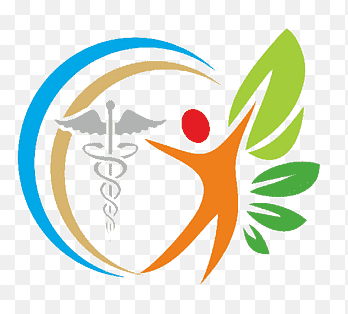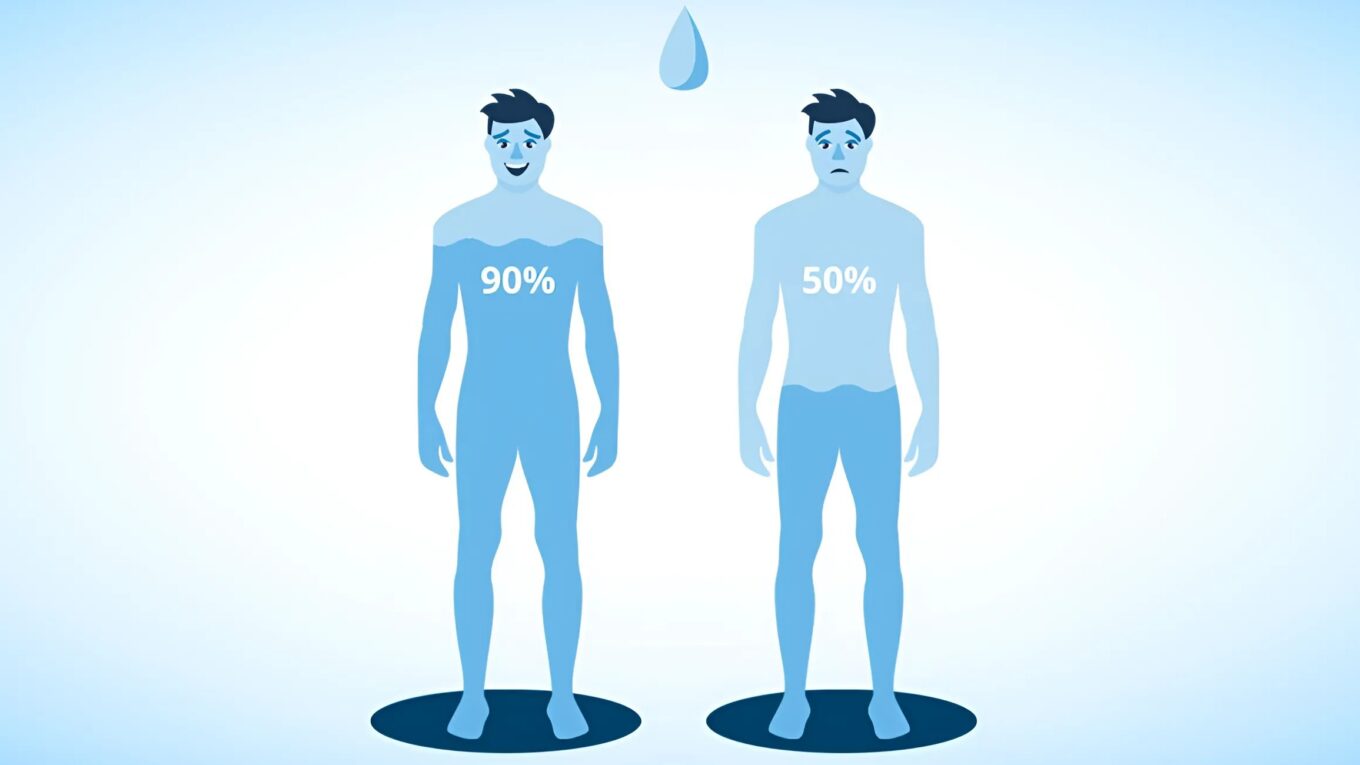Click here to Visit Facebook Page
Introduction:
Dehydration is a common condition that occurs when the body loses more fluids than it takes in. It can have various causes and can affect people of all ages. Understanding dehydration, its symptoms, and how to prevent and treat it is crucial for maintaining overall health and well-being.
What is Dehydration?
Dehydration happens when the body loses more fluids, primarily water, than it takes in. Water is essential for many bodily functions, including regulating temperature, transporting nutrients, and removing waste. When the body doesn’t have enough water, it can’t function properly, leading to dehydration.
Click here to Visit Facebook Page
Causes of Dehydration:
1. Inadequate Fluid Intake: Not drinking enough water throughout the day, especially in hot weather or during physical activity, can lead to dehydration.
2. Excessive Sweating: Intense physical activity or being in a hot environment can cause the body to lose a significant amount of fluids through sweating.
3. Illness: Fever, vomiting, diarrhea, and certain medical conditions such as diabetes can increase fluid loss and contribute to dehydration.
4. Medications: Some medications, such as diuretics, can increase urination and lead to dehydration if fluid intake is not adequately maintained.
5. Alcohol and Caffeine Consumption: Both alcohol and caffeine have diuretic effects, which can increase fluid loss and contribute to dehydration if consumed in excess.
Click here to Visit Facebook Page
Symptoms of Dehydration:
Recognizing the signs of dehydration is essential for prompt treatment. Symptoms may vary depending on the severity of dehydration but can include:
– Thirst
– Dry mouth and lips
– Dark yellow urine
– Infrequent urination
– Fatigue or weakness
– Dizziness or lightheadedness
– Confusion
– Dry skin
– Rapid heartbeat
– Sunken eyes
– In infants, lack of tears when crying and sunken fontanelle (soft spot on the head)
Click here to Visit Facebook Page
Preventing Dehydration:
Preventing dehydration is key to maintaining optimal health and well-being. Here are some tips to help prevent dehydration:
1. Stay Hydrated: Drink plenty of fluids throughout the day, especially water. Aim to drink at least eight 8-ounce glasses of water per day, or more if you’re active or in a hot environment.
2. Monitor Urine Color: Pay attention to the color of your urine. Ideally, it should be pale yellow. Dark yellow urine may indicate dehydration.
3. Be Mindful of Activity Levels: If you’re engaging in physical activity or spending time outdoors in hot weather, increase your fluid intake to compensate for fluid loss through sweating.
4. Limit Alcohol and Caffeine: Limit your consumption of alcoholic and caffeinated beverages, as they can increase fluid loss.
5. Eat Water-Rich Foods: Incorporate water-rich foods such as fruits and vegetables into your diet, as they can contribute to your overall fluid intake.
Click here to Visit Facebook Page
Treatment of Dehydration:
If dehydration occurs, prompt treatment is essential to prevent complications. Treatment may include:
1. Rehydration: Drink fluids containing electrolytes, such as sports drinks or oral rehydration solutions, to replenish lost fluids and electrolytes.
2. Water: Plain water is also effective for rehydration, especially for mild cases of dehydration.
3. Rest: Resting in a cool, shaded area can help reduce the risk of overheating and further fluid loss.
4. Seek Medical Attention: In severe cases of dehydration, or if symptoms persist or worsen, seek medical attention immediately. Intravenous (IV) fluids may be necessary to rehydrate the body quickly.
Conclusion:
Dehydration is a common condition that can have serious consequences if left untreated. By understanding the causes, symptoms, and preventive measures, you can take proactive steps to stay hydrated and maintain optimal health. Remember to drink plenty of fluids, especially water, monitor your urine color, and seek medical attention if dehydration occurs. Stay hydrated, stay healthy!





